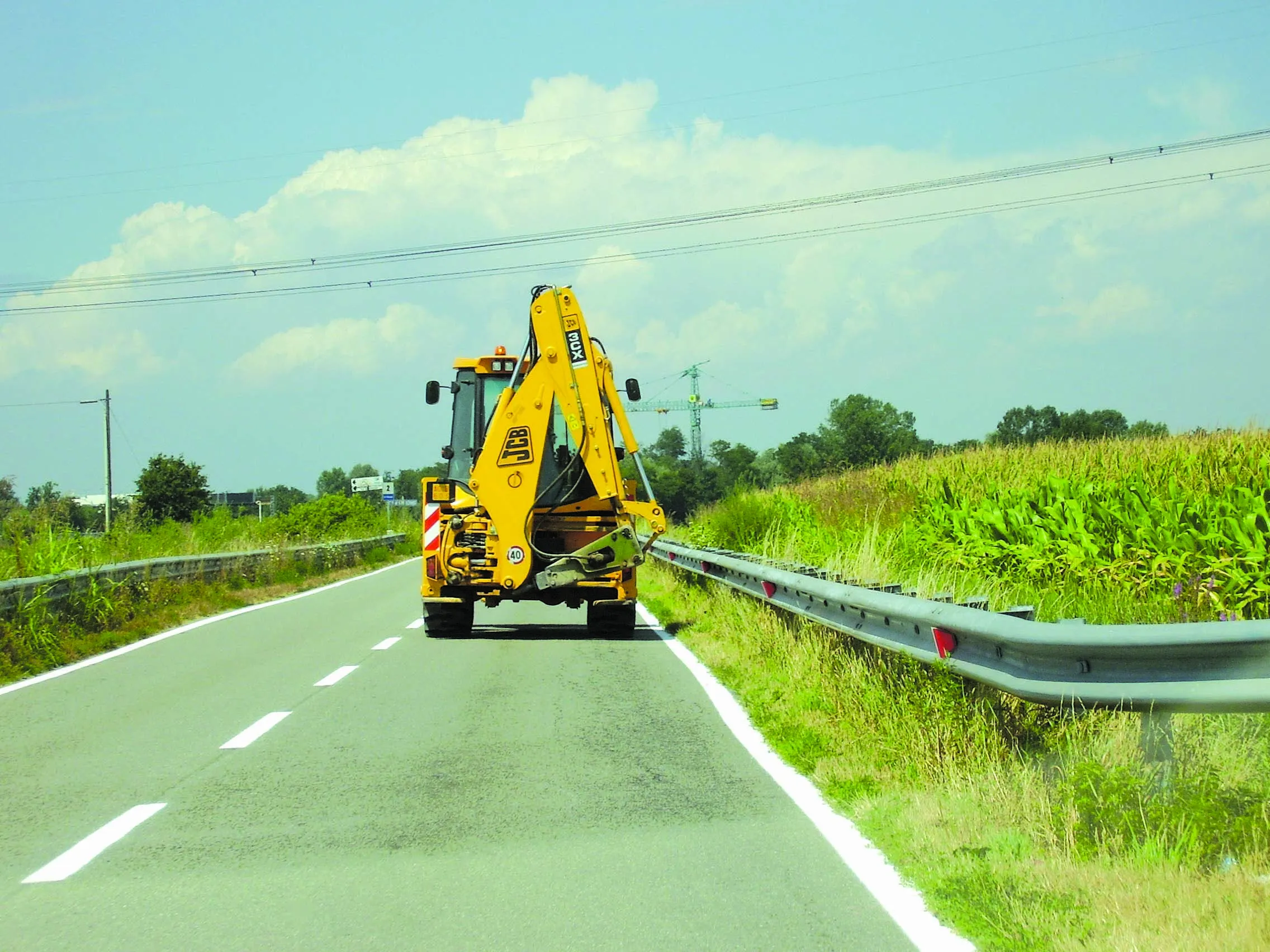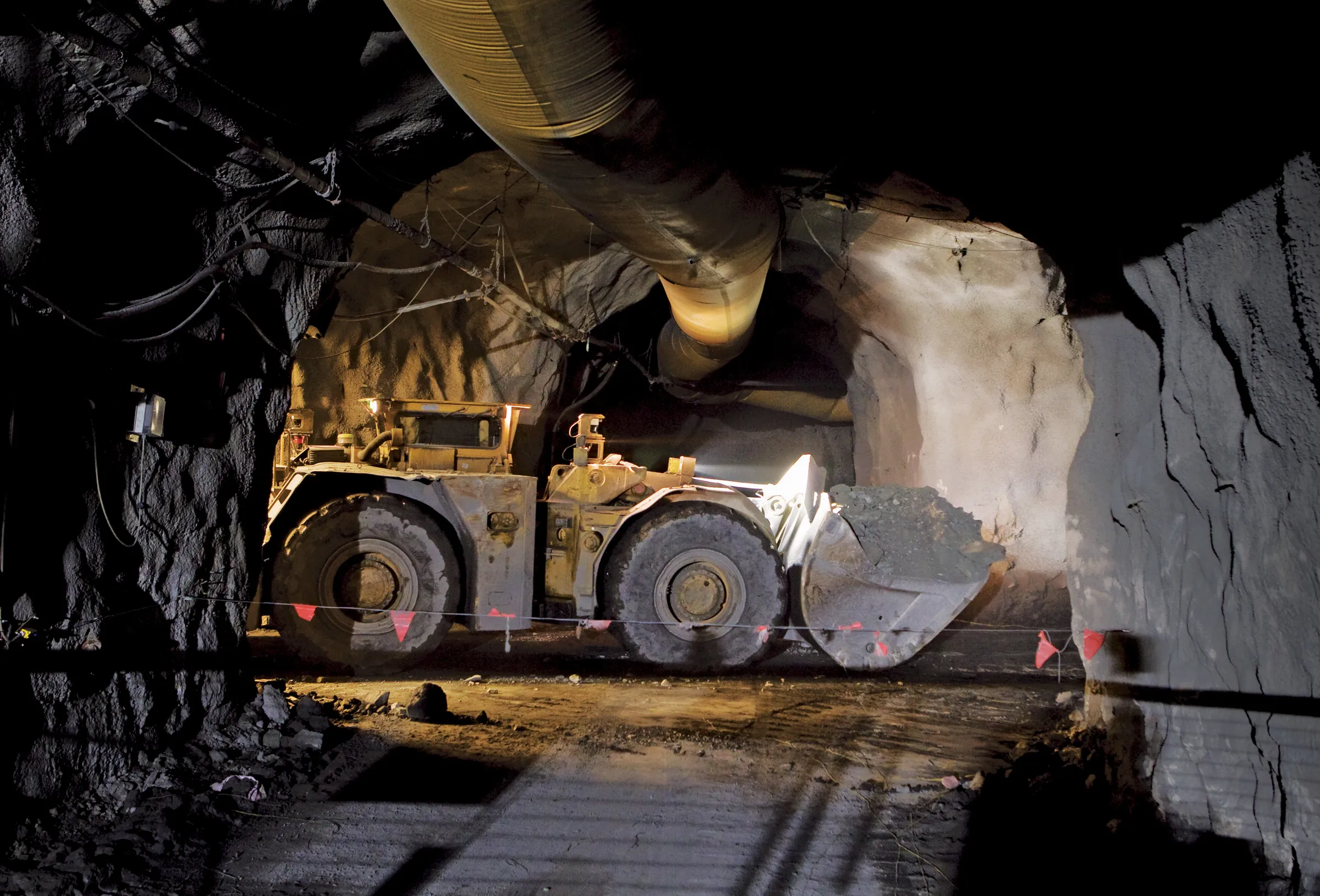The work of Echo Barrier was highlighted at a prestigious Institute of Acoustics (IOA) sponsored awards ceremony held at the House of Commons. The company, which develops and supplies temporary acoustic barriers for use on major construction projects to reduce noise pollution, was highly commended for its Echo H1 barrier and range of products during the 2011 John Connell Awards.
March 14, 2012
Read time: 1 min

The work of 3854 Echo Barrier was highlighted at a prestigious 3855 Institute of Acoustics (IOA) sponsored awards ceremony held at the House of Commons.
The company, which develops and supplies temporary acoustic barriers for use on major construction projects to reduce noise pollution, was highly commended for its Echo H1 barrier and range of products during the 2011 John Connell Awards.
The Echo H1 soaks up sound around it rather than reflecting it, reducing noise by up to 30dB. Designed for quick and easy installation on standard Heras fencing or similar, the H1 is aimed at sites where it is important to reduce noise levels and maintain good community relations, such as in residential and public spaces.
The IOA said the H1 has many benefits, including the likelihood of less noise complaints as well as extended site operating hours leading to significant cost savings.
The company, which develops and supplies temporary acoustic barriers for use on major construction projects to reduce noise pollution, was highly commended for its Echo H1 barrier and range of products during the 2011 John Connell Awards.
The Echo H1 soaks up sound around it rather than reflecting it, reducing noise by up to 30dB. Designed for quick and easy installation on standard Heras fencing or similar, the H1 is aimed at sites where it is important to reduce noise levels and maintain good community relations, such as in residential and public spaces.
The IOA said the H1 has many benefits, including the likelihood of less noise complaints as well as extended site operating hours leading to significant cost savings.









